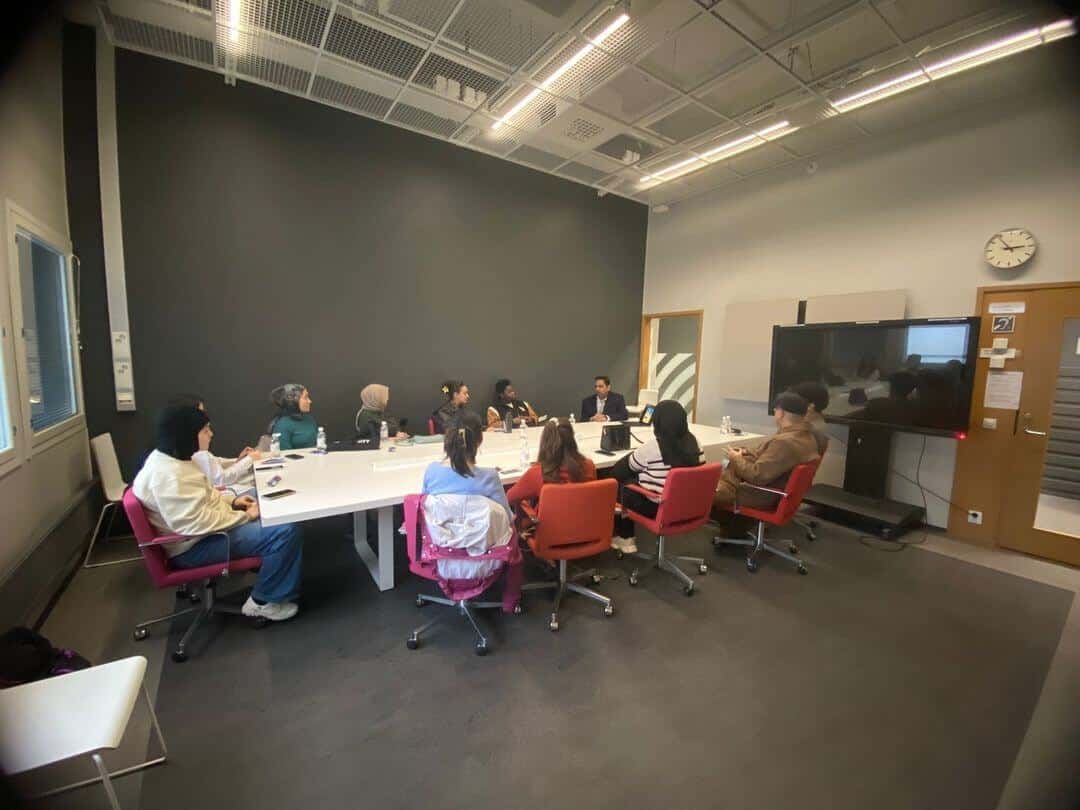Volunteering is a powerful tool for community building and personal growth. Whether you’re contributing to a local charity, supporting a community event, or engaging in international service, volunteering has far-reaching impacts. In this blog, we’ll explore why volunteering is important and how it benefits individuals and communities alike.
Fostering Community Development
Volunteering is a cornerstone of thriving communities. By dedicating time and skills, volunteers address local needs, bridge resource gaps, and enhance the quality of life for everyone. Their efforts help build stronger, more cohesive communities where people feel supported and connected.
Volunteers also encourage civic participation, empowering individuals to take an active role in shaping their communities. This sense of ownership and responsibility fosters a more engaged and resilient society.
Promoting Social Connections and Inclusivity
In an increasingly digital world, social isolation is a growing concern. Volunteering offers a valuable opportunity to connect with others, build relationships, and create a sense of belonging. By working together toward common goals, volunteers forge meaningful bonds and break down social barriers.
Moreover, volunteering promotes inclusivity by bringing together people from diverse backgrounds. This exposure to different cultures and perspectives fosters understanding, tolerance, and respect, helping to create a more inclusive and harmonious society.
Developing Skills and Enhancing Career Opportunities
Volunteering is not just about giving; it’s also about gaining. Volunteers often develop new skills, from leadership and project management to communication and problem-solving. These skills are transferable to various professional settings, making volunteering a great way to enhance your resume and improve your career prospects.
For young people, in particular, volunteering provides hands-on experience and networking opportunities that can open doors to future employment. Many employers value the dedication, teamwork, and initiative demonstrated through volunteer work, making it a valuable asset in today’s competitive job market.
Improving Mental and Physical Health
The benefits of volunteering extend beyond social and professional realms; it also positively impacts your mental and physical health. Engaging in volunteer activities has been shown to reduce stress, combat depression, and increase overall life satisfaction.
The sense of purpose and fulfillment derived from helping others can boost your mood and self-esteem. Additionally, many volunteer roles involve physical activity, contributing to better physical health and well-being.
Contributing to a Better World
Volunteering is a way to give back to society and contribute to the greater good. Whether you’re passionate about environmental conservation, social justice, or education, volunteering allows you to support causes you care about and make a difference in the world.
Every act of volunteering, no matter how small, contributes to positive change. It’s a way to take tangible steps toward creating a better, more equitable world for future generations.
Conclusion
Volunteering is more than just a noble act—it’s a vital part of personal and community development. By fostering social connections, enhancing skills, improving well-being, and driving positive change, volunteering enriches lives and strengthens communities. If you haven’t already, consider getting involved in a volunteer opportunity that aligns with your passions and interests. The rewards are immeasurable, both for you and the world around you.
For more information on how you can start volunteering and make a difference, visit United Vision’s Volunteer Opportunities.







